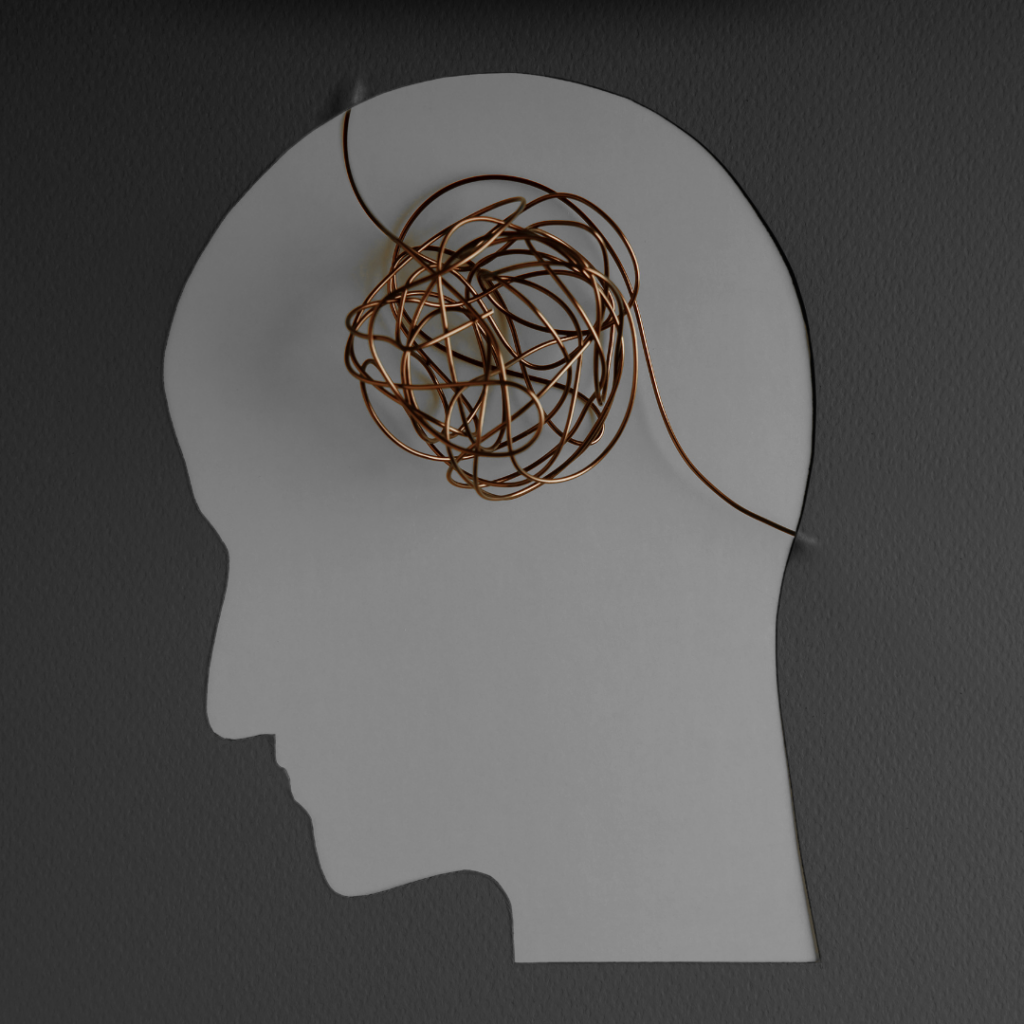Blog
Recognizing and Addressing Stress in Youth in Care
Stress is something everyone deals with, but for youth in care, it often runs much deeper than what’s visible on the surface. Many of these young people carry silent battles — adjusting to new homes, coping with separation, and navigating the constant uncertainty of what’s next. Stress, when left unaddressed, doesn’t just fade away. It can shape their identity, their health, and how they view the world around them.
Raising awareness about stress among youth in care is essential because understanding what they’re feeling gives them a chance to heal. It tells them that their emotions are valid, that they are not “too sensitive,” “ungrateful,” or “broken.” It lets them know that their nervous system, their mind, and their heart are responding to real experiences — and that there’s no shame in that.

Raising awareness about stress among youth in care is essential because understanding what they’re feeling gives them a chance to heal. It tells them that their emotions are valid, that they are not “too sensitive,” “ungrateful,” or “broken.” It lets them know that their nervous system, their mind, and their heart are responding to real experiences — and that there’s no shame in that.
When we normalize conversations about stress, we create spaces where youth feel safe enough to breathe. We empower them to recognize when they need a break, when they need help, and when they simply need to be heard.
Stress awareness equips them with tools that aren’t just useful for now but become lifelong practices of self-care, resilience, and emotional intelligence. Youth in care deserve more than survival — they deserve to thrive. They deserve adults who don’t just tell them to “be strong” but show them how to be supported. They deserve schools, programs, and communities that look beyond behavior and ask the deeper questions: “What’s going on inside?” “How can I walk with you through it?”
Stress awareness isn’t just another box to check. It’s a foundation we lay so that every youth in care can stand taller, dream bigger, and know they are never alone.